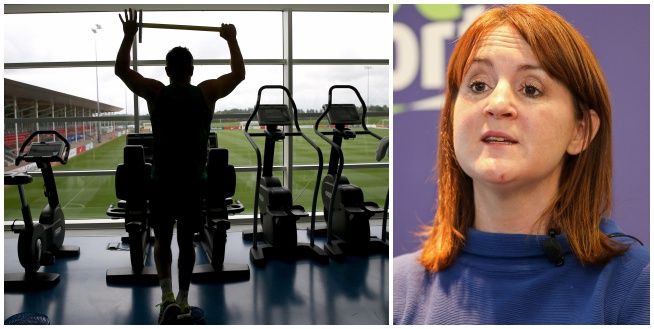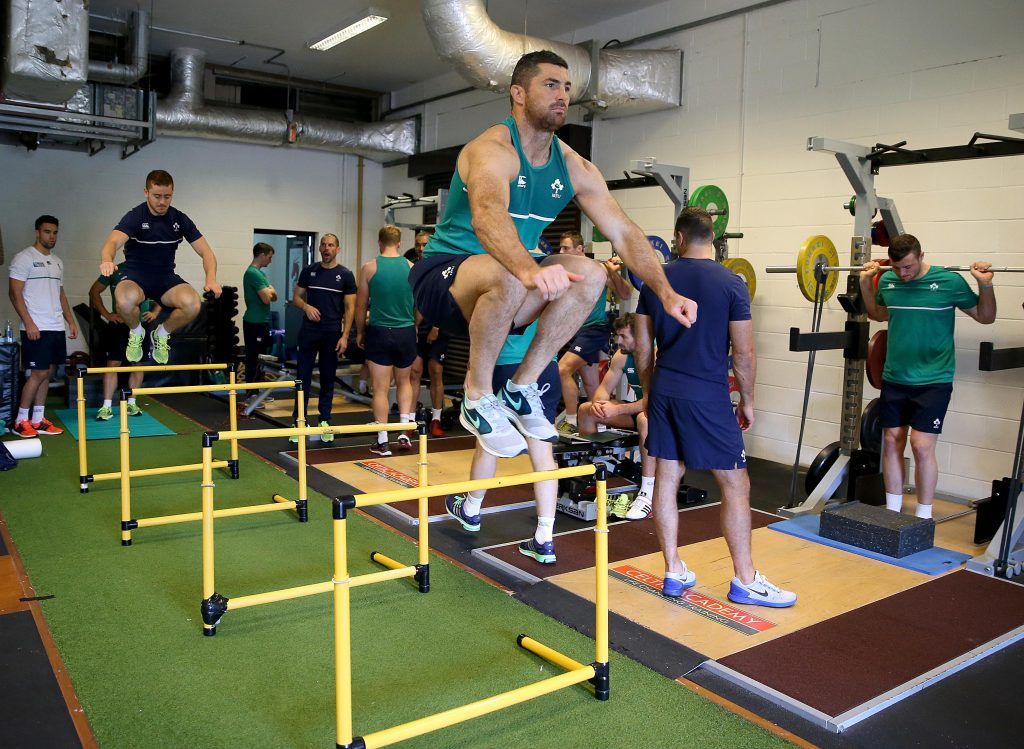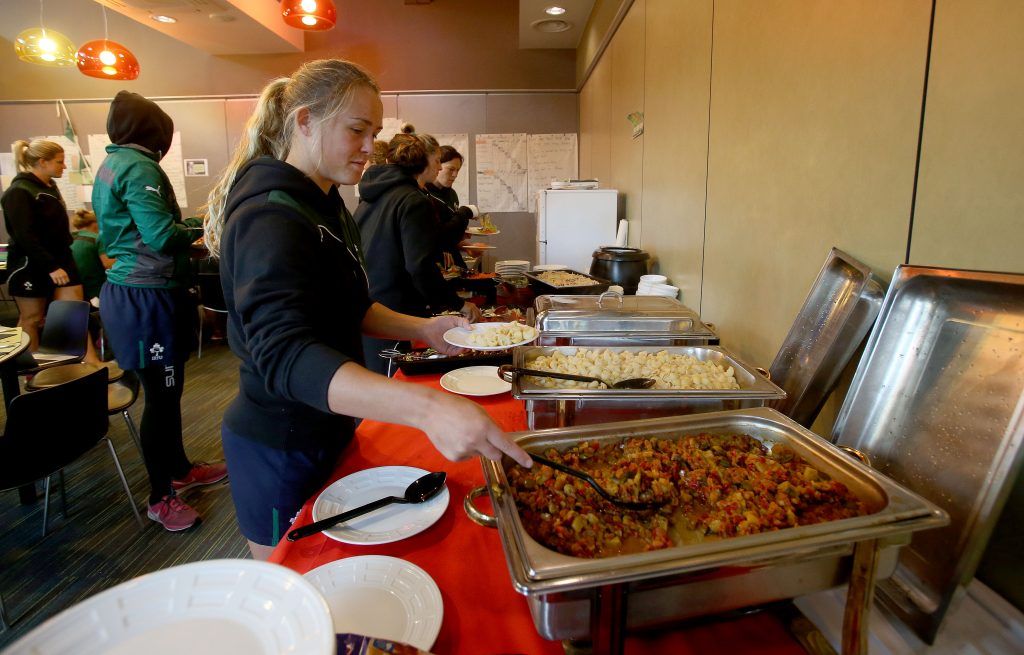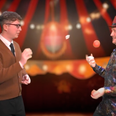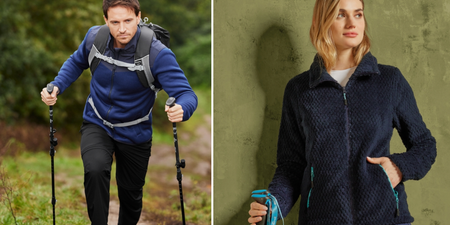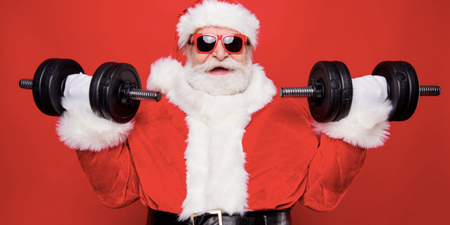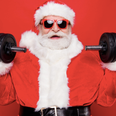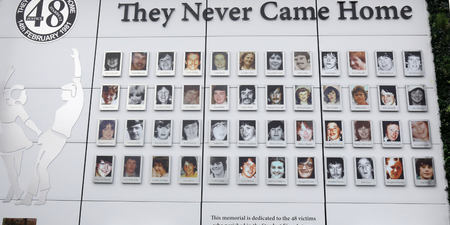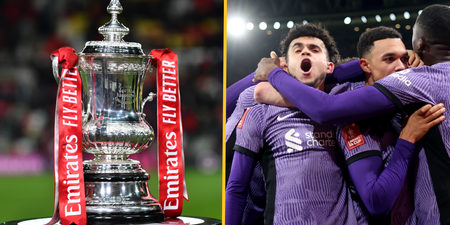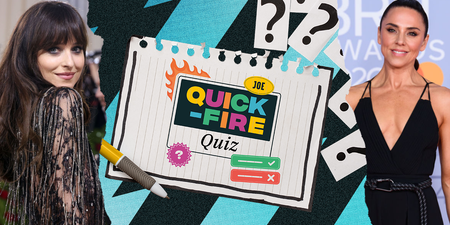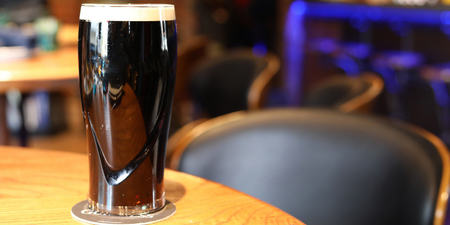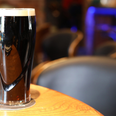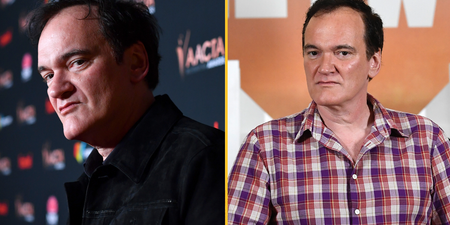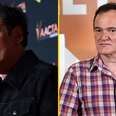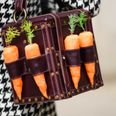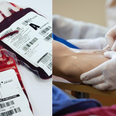You asked, now we answer.
The team at SportsJOE recently sought questions for Sharon Madigan, Head of Performance Nutrition with the Irish Institute of Sport, and you did not disappoint, coming back to Sharon with questions about fuelling, recovery and diets.
Got a question about what you should be eating while training? @Madigan_Sharon is here to help out with all your dietary needs. Get asking!
— SportsJOE (@SportsJOEdotie) November 11, 2016
See below for the detailed responses to all your queries from Sharon, who is a sports dietitian working with elite Irish athletes.
I like to work out very early in the AM, so wondering if you recommend eating before?
Some people find it difficult to eat very early so one way around this is what you eat before bed, as this will help fuel your early session. If it’s a weights-based session then the overall amount of energy (calories) doesn’t need to be that much and protein containing foods with some carbs would be the aim. Greek style yoghurt with a small amount of berries or other fruit, rice cakes with peanut butter. In the morning a small smoothie will help before and directly after the session, until you get to eat your breakfast.
What food is best immediately after training to refuel? Banana?
You need to think about these factors and it will help you choose the fuel for immediately after a session:
- How tough was the session?
- When is the next session? Later that day or later in the week?
- When is the main meal after the session?
- Are you trying to create a small energy (calorie) deficit to help weight loss?
- Are you trying to increase weight in the form of muscle.
If you are on your way home to dinner in 30 minutes then the banana would be perfect. If you are exercising over lunch and you have another session later that evening or the next day then you need to have something with the banana. Nuts, some other fruit, yoghurt would probably be useful if you are going back to work.
What’s best to put in your system after a tough training session?
Protein and carbs are key, along with fluid for hydration. The amount will depend on the type of exercise. Weights-based sessions should focus on protein with a little carbohydrate ,and for endurance-based sessions then the reverse is required.
Are there any myths that exist about sports nutrition that you disagree with?
There are lots of myths surrounding nutrition and sports nutrition. I like to work from the basis of keeping things simple. There are lots of foods with what I would call “health halos” surrounding them at the minute. Clean eating, gluten free, sugar free, carb free, paleo, natural are only a few. From my experience to try and achieve long-term meaningful change you have got to look at what you are doing and what you need to achieve. So the weekend warrior will have very different needs to those training for team sports or someone doing circuits twice a week. No one size fits all. Look at your schedule and ensure that you fuel your training adequately with wholesome foods.
Also remember that foods, rather than any supplements, can usually do more than one thing. You want a food to give you energy but maybe also give you iron or calcium.
Don’t look at individual nutrients which I think is where we are going wrong at the moment. We are over focusing on some nutrients at the expense of others. This has happened in the past where fat was vilified and I think is happening at the minute with carbohydrates. It is true that some of us eat too much sugar and should reduce it but be careful when you buy foods that say they are sugar free. What else has been added? Do you know? Other things are often added to sweeten foods like sugar alcohols (sorbitol) which can have other side effects on your guts especially as an athlete so you think you are making a better choice but it might not suit you.
What is the best pre-workout meal?
It is best not to have a huge meal too close to training but smaller meals work well:
- Beans on toast
- Omelette with mixed veg (peppers, spinach) and feta
- Smoothie with yoghurt, milk, oats and fruit
- Soaked oats with milk, berries, chia seeds, some crushed nuts and cinnamon to flavour
- Bagel with low fat cream cheese and avocado
- Mixed salad with cold meats
- Thick vegetable soup with chicken
How much liquid should I be taking in when working out and after?
Sweat losses vary with the type of training, environment and gear you are wearing. Usual fluid requirements are 35mls per kg of body weight per day, plus your losses. Jumping on a scales pre and post a session can help you work out what losses are and they will differ depending on the session you do.
When should I eat around workouts?
Larger meals should be within 2-4 hours from the work out and smaller snacks / liquid meals closer to the sessions. Recovery of muscle fuel and the nutrients needed for repair and muscle growth appear to be best given within the first 30-40 minutes post exercise.
What’s the best diet to follow?
For me the word “diet” conjures up ideas that you need to eat a certain way for a while and then do something else. I feel that a better way to approach things is to tailor what you eat to what you are doing both in terms of day-to-day and also training. The 80:20 rule does actually suit a lot of people. If 80% of the time you are following practices such as keeping sugar to a minimum, plenty of fruit and veg , watching salt intakes, minimising intakes of alcohol and trans fats. Then 20% of the time you can add in some of the things that you like to do.
If we need to follow a dietary lifestyle then the one that the scientific evidence points to is the Mediterranean diet where intakes of fruit and vegetables, olive oil-based fats, fish and small amounts of alcohol are part of the usual dietary pattern. When people are told they cannot have something to eat often that’s the very thing that they want. Then having it brings with it feelings of guilt and anxiety and a certain amount of obsessing about food. Given the strong links between psychology and behaviours around eating in some individuals this actually can be negative.
The National Dairy Council has partnered with the Irish Institute of Sport to share how top Irish Athletes are built by protein but powered by dairy. To learn more about the importance of dairy in sports nutrition, click here or see the hashtag #poweredbydairy
LISTEN: You Must Be Jokin’ with Aideen McQueen – Faith healers, Coolock craic and Gigging as Gaeilge
